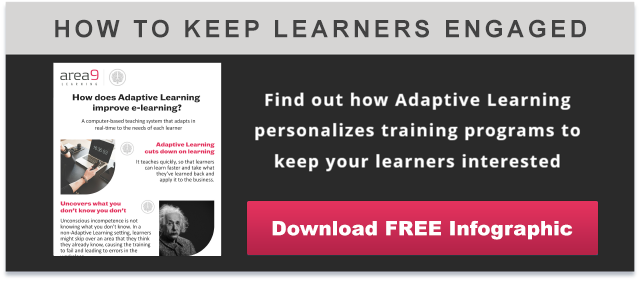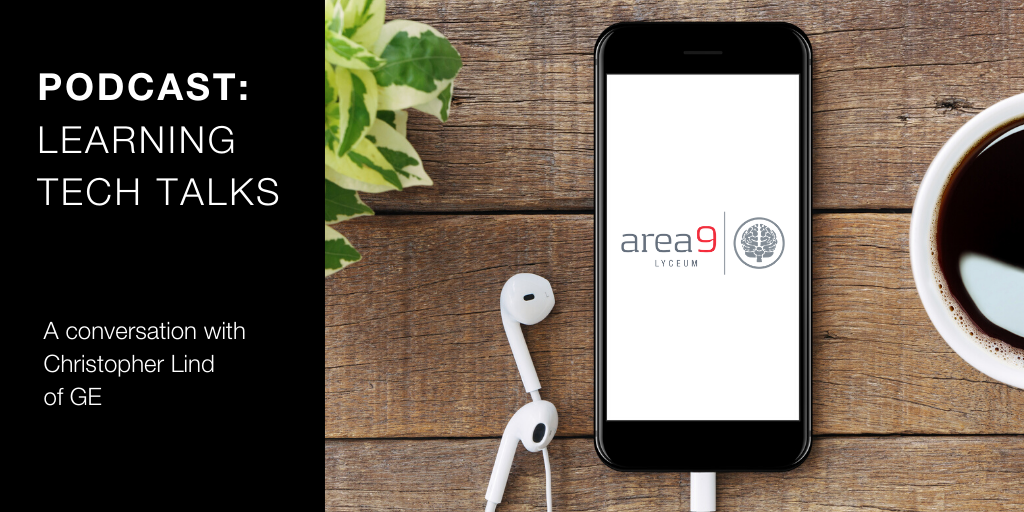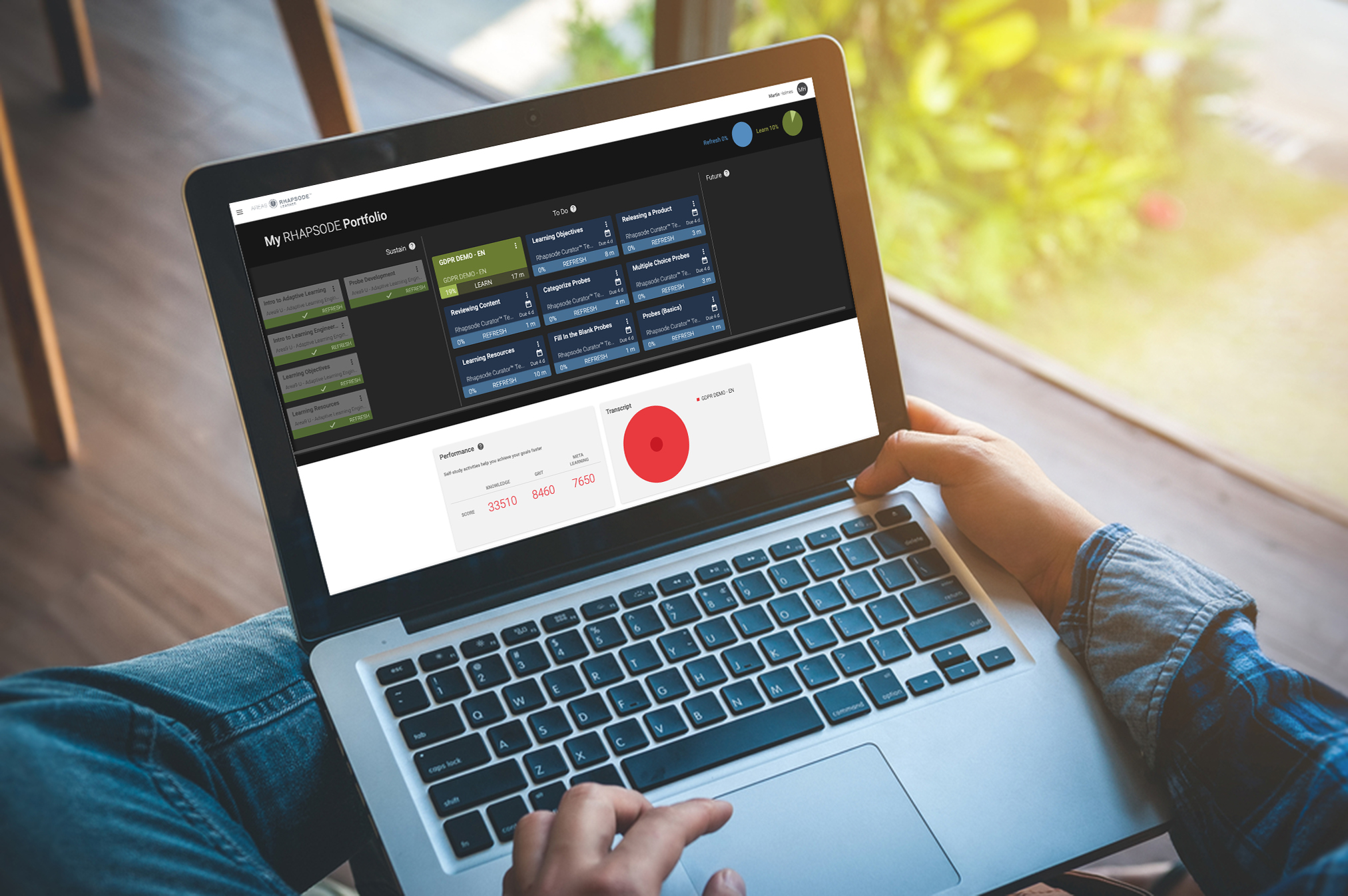As the Boomer generation ages, new workers will be needed to fill empty positions. But what happens to a new hire when the gaps in their knowledge are too big? Mistakes happen and productivity is lost.
It can be tricky to land on one’s feet as a recent graduate or young professional at the best of times. Ever-changing technology introduced into the workplace can make this even trickier. A young professional’s unstable footing is further complicated by unconscious incompetence: not knowing what you don’t know.
The Relationship Between Young Professionals and Unconscious Incompetence
Many young graduates come out of post-secondary education knowing they have gaps in their knowledge, especially in the realm of their new corporate work environment. These recognized gaps are known as conscious incompetence, because the learner knows they are lacking knowledge. Both conscious and unconscious incompetence can be damaging to a company, because both can sap productivity away from its workers.
A consciously incompetent worker (in this context, the term incompetent is used to acknowledge a lack of experience or understanding) is aware of what they don’t know, but this can still hinder the company’s efforts. The worker may be so overwhelmed with what they don’t know that they become frozen and confused. They may be afraid to ask for help, lest their reputation be tarnished for failing a task they assume they were supposed to already know or to have learned in training.
An unconsciously incompetent worker doesn’t know they have gaps in their knowledge, and keeps working as if they don’t. It’s easy to see how this false sense of competence will sap productivity, as more time and money has to be shifted to correct the mistakes. Meanwhile, the worker keeps on failing, convinced that their way is the right way.
Unconscious incompetence disproportionately affects new graduates and young professionals, simply because these groups are new to the workforce or just beginning a new career. That situation is rife with opportunities for poor training and disparities in experience. 91% of Millennials expect to switch jobs every three years or less1; unconscious incompetence can contribute to this high job turnover, because unconscious incompetence can make workers feel like they don’t fit in well with a company. But the real cause could be poor training or an inability to mesh well with traditional e-learning.
Where Does the Problem Come From?
Society is full of unique and diverse individuals, with diverse brains, who think in different ways and live in different ways. So why would we still not accept that we also learn in different ways? Here’s where outdated methodology, often used in corporate training - as well as the newer kid on the block, e-learning - compound incompetence in the workforce:
- Even though most traditional corporate learning is done in a linear structure, (you read the materials, take a test, earn a grade) this is not actually how the human brain learns.
- The traditional structure also does not take into account learners whose starting levels of knowledge differ. One learner might be ahead of the class in one area, but falling behind in another.
- With so many different starting levels, learning speeds, and varying results, it’s no wonder traditional learning and e-learning leads to a one-size-fits-none approach to training. The result is employees who don’t know where their strengths and weaknesses lie.
Adaptive Learning Offers a Different Approach
The adaptive model caters to learners by specifically helping them with weak points. By asking the learner stress-free (not tested) questions, Area9’s algorithm can discover what each individual learner struggles with, and focus on getting learners to proficiency, faster. Since the learner is not being tested, they will more likely be honest about what they don’t know (since there is no punishment to avoid, there’s no risk in answering truthfully).
Adaptive learning corrects unconscious incompetence by focusing training specifically on the subjects a learner doesn’t understand, thereby ensuring that neither the company’s nor the learner’s time is wasted. Even better, learners don’t become bored or angry going over material they already know.
Curious to Learn More About Adaptive Learning and How It Can Improve E-Learning?









